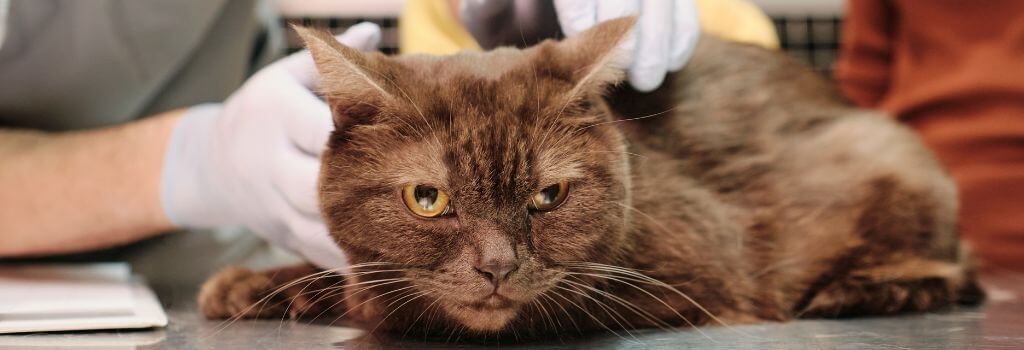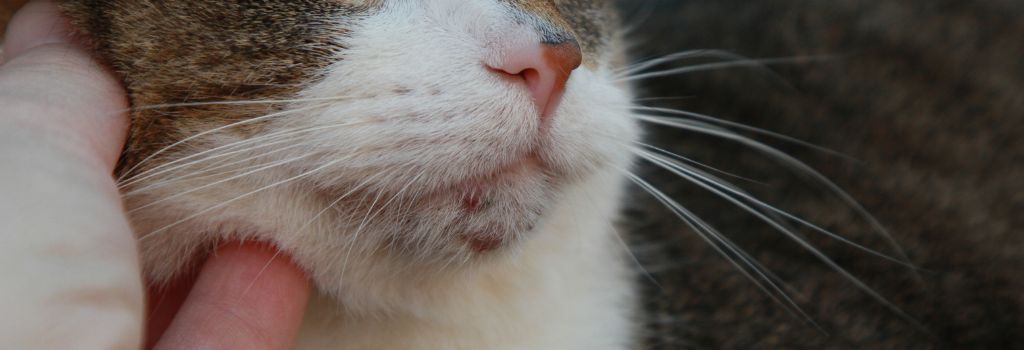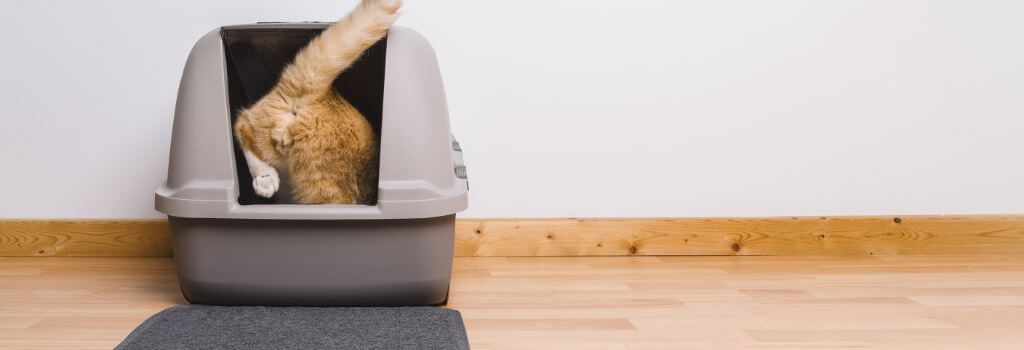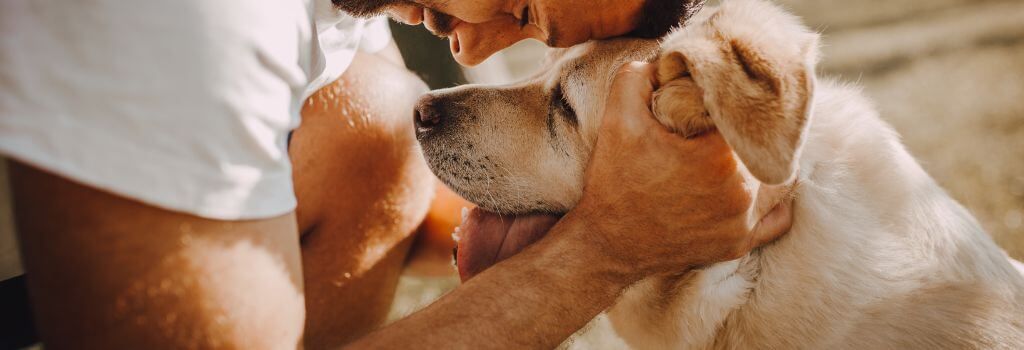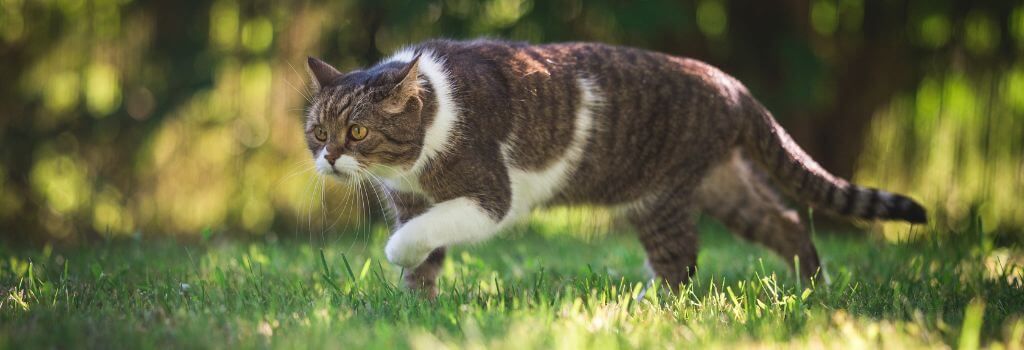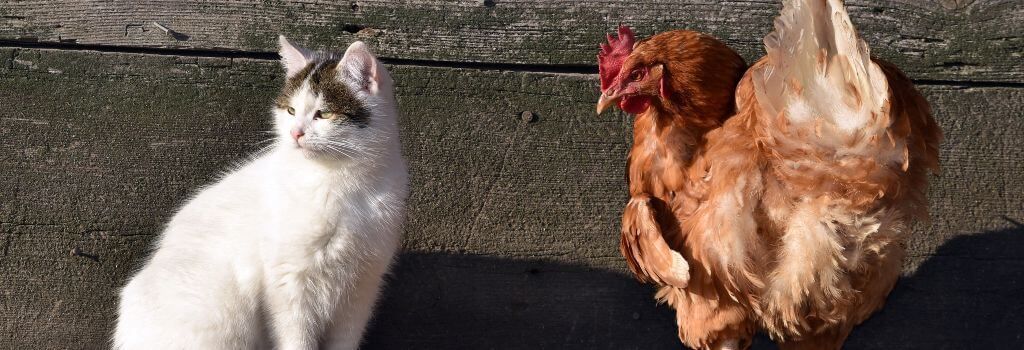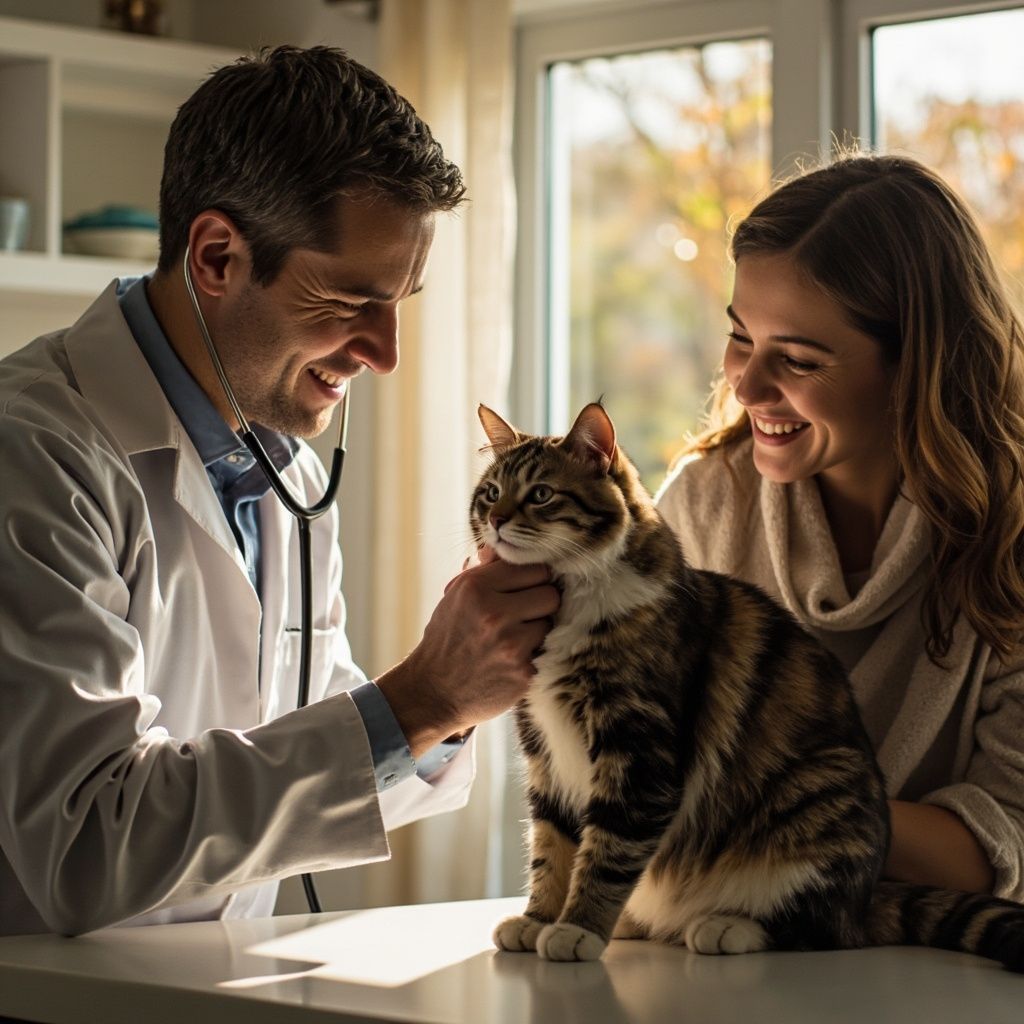Why Skipping Cat Wellness Visits Can Be Risky: A Veterinarian's Point of View
When it comes to our feline friends, the old saying "an ounce of prevention is worth a pound of cure" is accurate. For most of us, our cats are more than just pets—they're a member of the family. Unfortunately, cats are masters at hiding their ailments. They don’t tell us when something is wrong. As a veterinarian, I find whiskered companions often mask symptoms until conditions become advanced and are harder to treat. This is why proactive, twice-a-year wellness exams are important for maintaining our cat’s long-term health and quality of life.
Let’s take some time to explore why wellness visits are particularly beneficial, especially as your cat ages. From early detection of diseases to essential preventive care, I'll explain how these regular check-ups can make a big difference for your cat and why skipping these visits can be risky for your furry friend.
What Are Feline Wellness Visits?
Wellness visits for your cat are more than just a check-up, they help lay the groundwork to see how your unique feline grows and develops throughout their lives. As your veterinarian, we will check your cat from whiskers to tail, looking for various abnormalities such as dental disease , ear infection, heart murmur, lumps, bumps, or signs of pain. This includes examining the eyes, ears, mouth, teeth, skin, and coat. It’s important to note that dental health is often overlooked but is incredibly critical for your cat’s overall health. During this time together, we will check for signs of dental disease, which can not only cause pain and inflammation but also lead to more severe health issues as your cat ages.
We will discuss your cat's diet , lifestyle, and behavior. We take the time to assess your cat's body condition score to determine if they are underweight, overweight, or just right because both weight loss and gain can indicate underlying health problems By checking in on these areas, we are able to discuss if your cat is receiving the right nutrition and stimulation. Adjustments to diet and environment can significantly improve your cat's health and happiness!
Lastly, we will discuss the blood work needed for your cat’s individual needs. These tests are invaluable in detecting hidden diseases and to keep an eye on your cat’s baseline. Blood work can reveal hidden issues such as anemia, kidney disease, or diabetes, while urine tests can detect infections, crystals or early screening of kidney disease.
Importance of Feline Vaccinations and Parasite Control
Vaccinations are one of the most effective ways to protect your cat from serious and potentially life-threatening diseases. During a wellness visit, your veterinarian will ensure your cat is up to date on essential vaccinations, such as those for feline distemper, feline herpesvirus and calicivirus, and rabies. Keeping your cat's vaccinations current not only protects them but also contributes to the health of the broader feline community by preventing the spread of contagious diseases.
Parasites such as fleas, ticks, and intestinal worms can cause significant discomfort and health issues for your cat. During regular check-ups, your vet will discuss appropriate parasite prevention and treatment options tailored to your cat’s lifestyle and environment. Remember, Wellness visits are more than just a quick once-over; they’re a thorough examination of your cat’s overall health!
Conditions Best Caught Early
Regular wellness visits can help catch various conditions early, improving treatment success rates and outcomes. Some of these conditions include:
- Kidney Disease: Early-stage kidney disease often has no symptoms but can be detected through blood and urine tests. Early intervention can slow disease progression and improve your cat’s quality of life.
- Hyperthyroidism : This common condition in older cats can cause weight loss, increased appetite, and hyperactivity. Early detection through blood tests allows for timely treatment, preventing complications.
- Diabetes : Monitoring weight and blood glucose levels can help catch diabetes early. Early treatment can help manage the disease effectively and prevent severe complications.
- Arthritis: Older cats often develop arthritis, which can be hard to detect as cats tend to hide pain. Regular exams can help identify subtle signs of arthritis, allowing for early management and pain relief.
The Risks of Skipping Your Cat's Wellness Visits
Neglecting regular wellness visits can pose significant risks to your cat’s health. Here’s why skipping these appointments can be detrimental:
- Missed Detection: Many serious conditions, such as kidney disease , hyperthyroidism, and diabetes, show few symptoms in the early stages. Without regular check-ups, these diseases can progress unnoticed, leading to more severe health issues and complicated treatments.
- Uncontrolled Chronic Conditions: For cats with existing health problems, infrequent vet visits can result in poorly managed conditions. This can cause unnecessary suffering and a decline in their quality of life.
- Preventive Care Gaps: Skipping wellness visits means missing out on crucial preventive care measures, like vaccinations and parasite control. This increases the risk of infections and diseases that could otherwise be easily prevented.
- Dental Disease Progression: Without regular dental check-ups , dental disease can advance, leading to pain, tooth loss, and even systemic infections that affect other organs.
- Behavioral Issues Overlooked: Changes in behavior can be early indicators of health problems. Regular wellness visits allow discussing any behavioral changes and addressing underlying health issues before they become severe.
Give Your Cat All You’ve Got, They Deserve It
Regular wellness visits are a big part of keeping your cat healthy and happy. From vaccinations and parasite control to comprehensive health assessments and chronic condition management, these visits allow you and your veterinary team to provide the best possible care for your feline friend.
By committing to preventive care and regular check-ups, you’re giving your cat the gift of a longer, healthier, and more comfortable life. Trust your veterinary team to partner with you in supporting your kitty’s health, ensuring they receive the care they need at every stage of their life.
If you have questions and you'd like to reach out to us, you can call us directly at (859) 625-5678 , or you can email us at aacrichmond@yahoo.com. Don't forget to follow us on social media Facebook , Instagram.
Recent Posts

